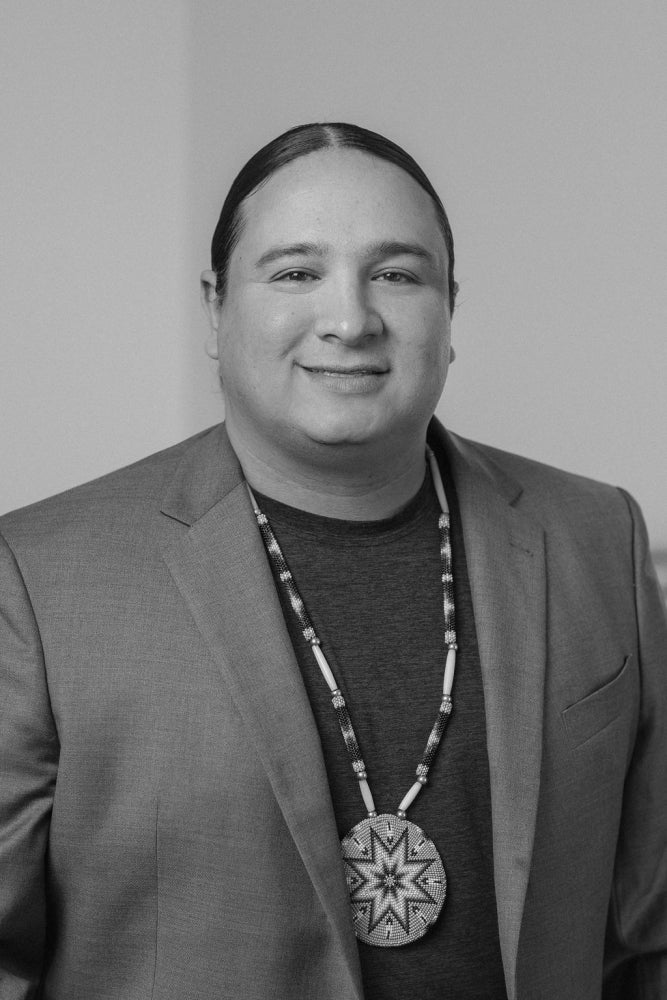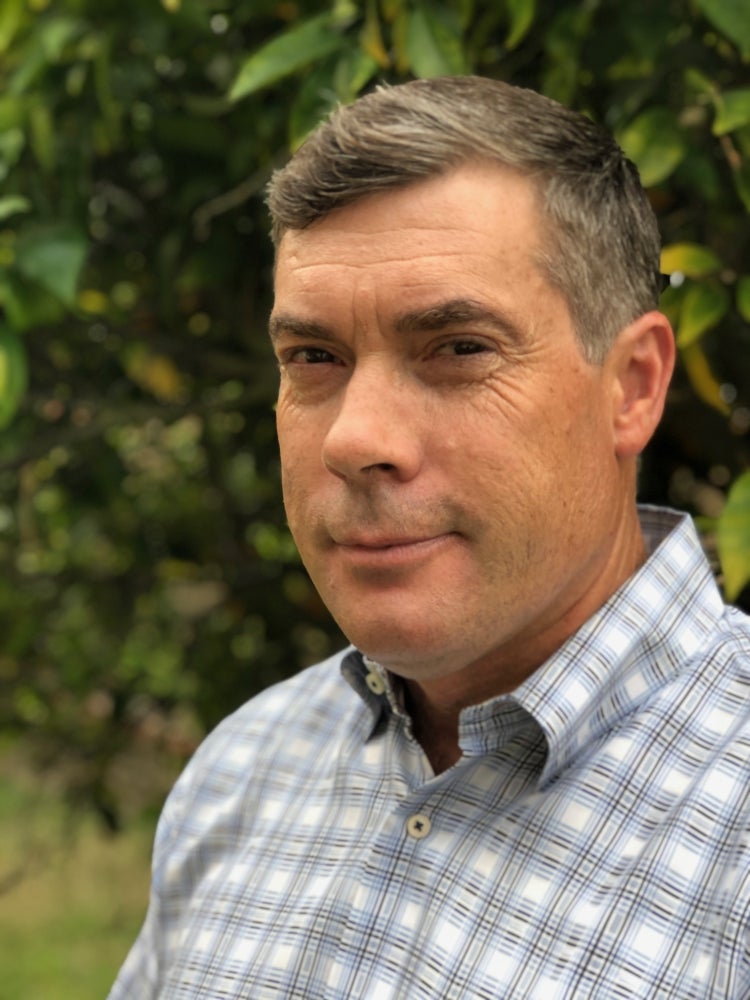
‘Education, Activism and Bridge-Building’

How do Indigenous rights fit into our current model of democracy? UC Santa Barbara’s Walter H. Capps Center for the Study of Ethics, Religion and Public Life will attempt to address this question and related issues of place, identity and sacred land rights in an upcoming talk with Native American activist Nick Tilsen.
The event, “Land Back and Ethics in Place: A Conversation with Nick Tilsen,” will take place Tuesday, April 27, from 4-5:30 p.m., via Zoom. It is free and open to the public.
Tilsen, who will be speaking with Capps Center director Greg Johnson, is the president and CEO of NDN Collective, an Indigenous-led organization dedicated to building Indigenous power through activism. He is a member of the Oglala Lakota Nation and a major figure in the Native American rights movement in the United States.
“Education, activism and bridge-building — this is Mr. Tilsen’s world,” said Johnson. “He’s an outspoken and eloquent advocate for Native peoples and places, but his work doesn’t stop there. As he’s quick to say, oppressed peoples face common crises and must work together to find traction and solutions.”
Tilsen’s strong track record of intersectional involvement includes an arrest while leading a protest before former president Donald Trump’s visit to Mount Rushmore in 2020, work in the trenches with Black Lives Matters representatives on combating police violence, and a history of engaging with issues of environmental justice.
The talk is the culminating event in the Capps Center’s yearlong exploration of contemporary Indigenous ethics, “Ethics in Place: A Symposium on Indigenous Peoples and the Future of Principled Democracy.”
“We began with a question,” said Johnson. “How do we take steps toward a principled democracy wherein bedrock ideas of fairness and honor anchor our common humanity? One starting point, we suggested, is to address Native American land claims and place-based sensibilities in a sustained and forward-looking manner.”
The Ethics in Place symposium was designed to focus on what Johnson calls “knowledge production outside of university settings,” and has featured a slew of speakers who are not academics, including Walter Echo-Hawk, president of the Pawnee Nation; Caleen Sisk, chief of the Winnemem Wintu Tribe; Justice Gregory Bigler of the Muscogee Creek Nation Tribal Court; and Pua Case, a Native Hawaiian ceremonial leader.
Johnson says that he looks forward to continuing this theme in his talk with Tilsen, whom he plans to ask a range of questions, both about his history as an activist and, more broadly, about the core themes of the Capps Center — ethics and public engagement.
“His star is rising,” Johnson said of Tilsen. “It is hard to get on social media and not see the imprint of his work. Frankly, we are lucky to get a piece of his time, and I can’t wait to introduce him to our community.”



